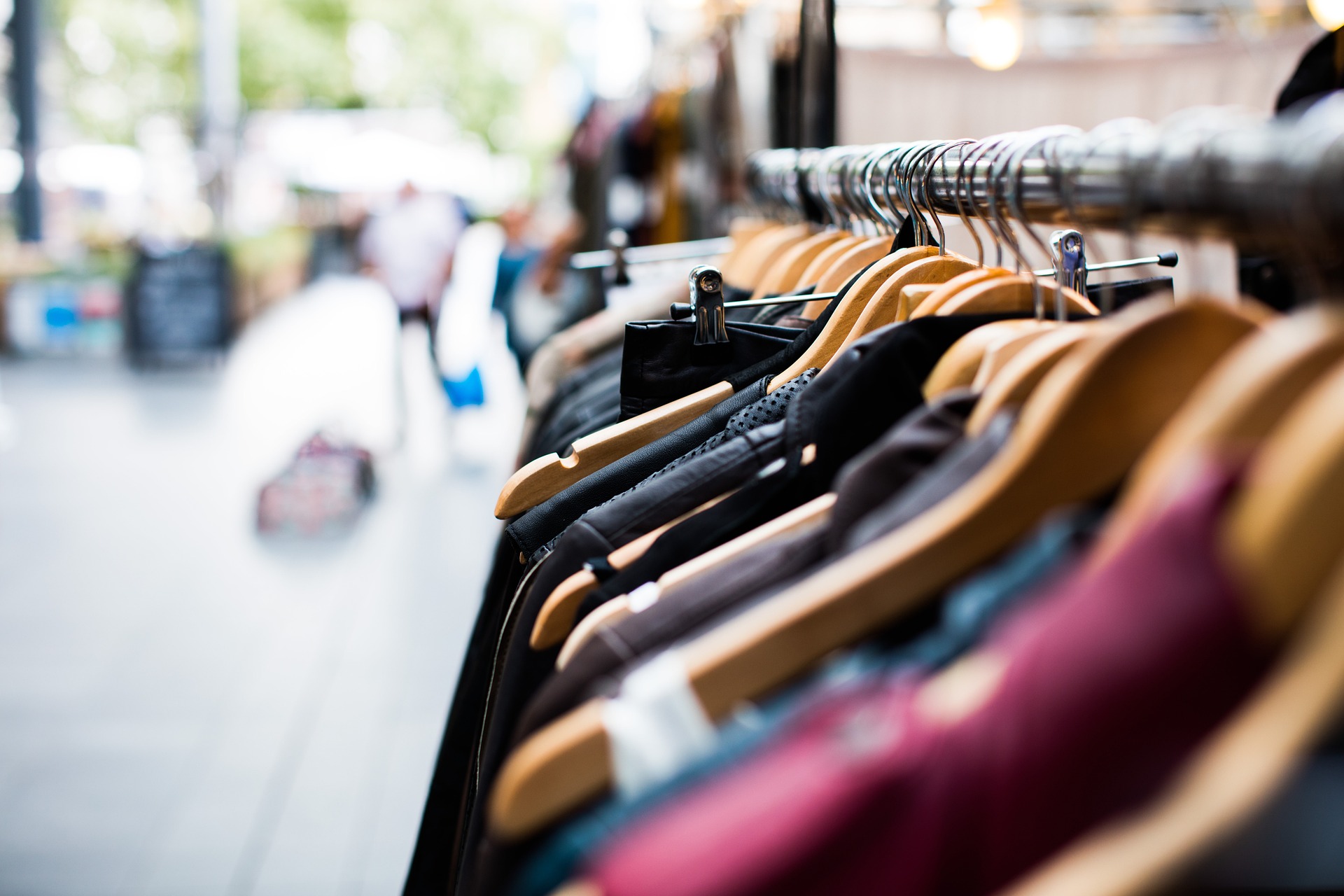Farfetch is currently assessing its options to remain solvent, according to the Business of Fashion.
Analysts told the outlet the company may have insufficient funds to get it through the rest of the year.
The publication added that the retailer’s options are narrowing after a deal with luxury goods holding firm Richemont to buy its subsidiary Yoox-Net-a-Porter has potentially stalled.
Farfetch reported a revenue decline of 1.3 per cent in its second quarter which prompted a 40 per cent decline in its share price.
Revenue fell by $7.3 million year-over-year from $579.3 million in the three months to 30 June in 2022 to $572.1 million in the during the same period of 2023.
Farfetch has been in financial trouble since late 2022 after it reported a fall in gross profit margin from 45 per cent in 2021 to 44.2 per cent in 2022.
While the company saw a record sales increase of three per cent to of £1.9 billion growth slowed in the final quarter of 2022, with revenue decreasing five per cent to £523 million.
The company said that future sales may be impacted by the effects of the pandemic in China, trade suspensions in Russia, and other macroeconomic factors.
The poor results led to chief financial officer Elliot Jordan announcing he would step down from his position by the end of 2023 after more than eight years in the role.
Farfetch also recently announced it would not be disclosing its third quarter financials.
The luxury fashion retailer also cancelled its related conference call which was previously scheduled for 29 November.
The company added that it would not be providing any forecasts or guidance, and that any prior forecasts or guidance “should no longer be relied upon”.
Latest News
-
Topshop launches dedicated EU website
-
Amazon to close first UK fulfilment centre, 590 roles affected
-
Walmart’s drone delivery service kicks off in Houston
-
Currys hires new head of customer data
-
Coca-Cola abandons Costa Coffee sale after bids fall short of £2bn target
-
Lidl appoints chief customer officer
Beyond Channels: Redefining retail with Unified Commerce
This Retail Systems fireside chat with Nikki Baird, Vice President, Strategy & Product at Aptos will explore how unified commerce strategies enable retailers to tear down these barriers and unlock new levels of operational agility and customer satisfaction.
The future of self-checkout: Building a system that works for consumers and retailers
In this webinar, industry leaders discussed what the future of self-checkout looks like and how retailers can make the technology work for everyone.
© 2024 Perspective Publishing Privacy & Cookies




.png)





Recent Stories